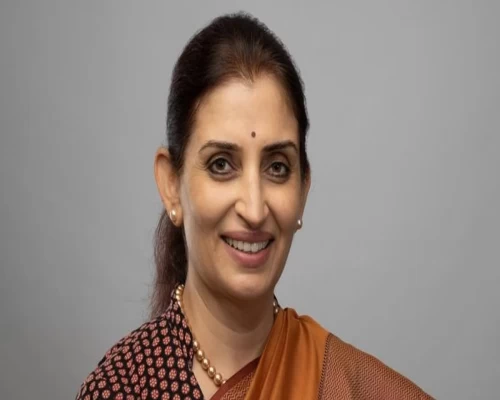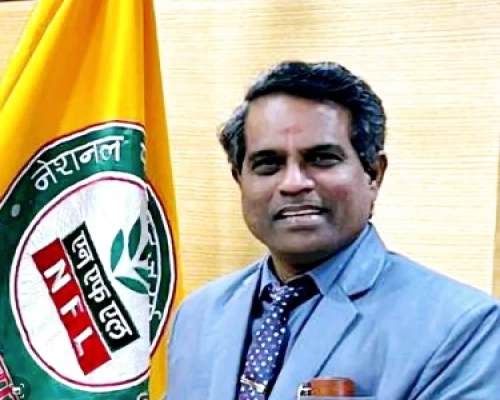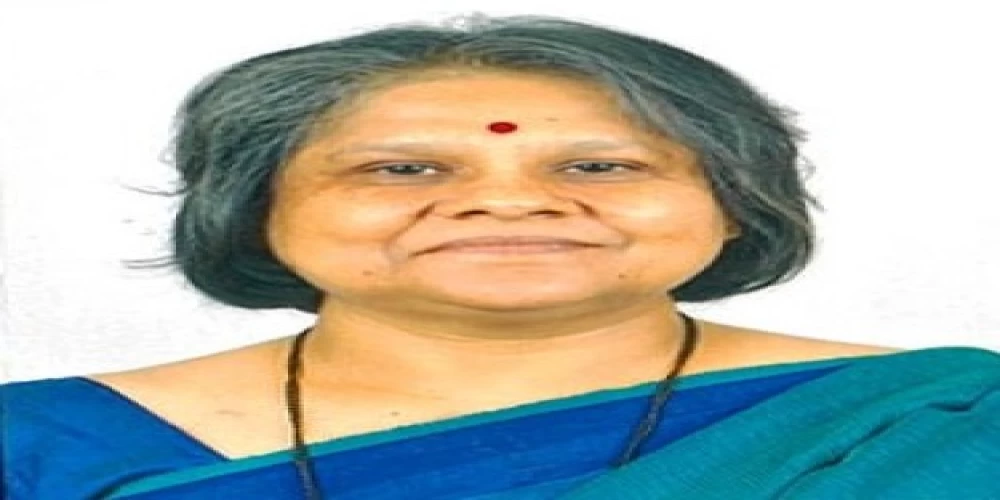
Driven by the principle of "Development with Dignity," the CMD of the National Minorities Development and Finance Corporation under the Ministry of Minority Affairs is championing financial empowerment for minority communities and encouraging employment opportunities. Meet Abha Rani Singh, IRS, whose academic journey is equally impressive. In an exclusive interview with Bureaucrats India, the IRS officer shared her rich journey of over 27 years in bureaucracy, witnessing and adapting to its monumental shifts from manual processes to advanced technology-driven systems.
With over two decades of experience as an IRS officer, how has your background shaped your approach to managing the National Minorities Development and Finance Corporation (NMDFC)?
With over 27 years of experience as an IRS officer, the skills I developed—communication, teamwork, leadership—are crucial in running NMDFC. The core values of integrity, professionalism, and collaboration from my IRS background have also been instrumental in my current role.
As the CMD of NMDFC, could you elaborate on the corporation's mission and vision, particularly in the context of the economic environment for minority communities?
Established in 1994, NMDFC aims to support marginalized sections by providing concessional credit, known as Priority Sector Lending. These small loans often require no collateral and target minority groups with limited access to education and credit. Our motto, "Development with Dignity," reflects our mission to help individuals start businesses, become self-reliant, and create employment. So far, we have extended approximately ₹8,771 crores in credit, benefiting around 23.8 lakh people. While there's more to be done, we are committed to increasing our impact in the future.
Could you elaborate on NMDFC's strategies for ensuring the sustainability and scalability of your skill development and vocational training programs?
Currently, NMDFC is not directly focusing on skill development programs, as this is managed by the Ministry of Minority Affairs. However, we plan to collaborate with these training centers to provide credit facilities to individuals who complete their training and wish to start their own businesses. Our strategy is to ensure that once individuals are skilled, they have access to the necessary financial support to pursue entrepreneurship.
During your time at CBDT, you worked across various departments. How was that experience, and what changes have you observed in the taxation system? How has technology enhanced transparency?
My journey has been eventful. I served as an undersecretary at CBDT from 2004 to 2007 and returned briefly in 2023 as Commissioner of ITA. The shift in technology has been transformative. Previously, everything was manual; we relied on fax for parliamentary questions and field authority responses. Now, with an in-house database, e-office systems, and extensive use of email, the processes are much more efficient and transparent. The move from paper to digital has significantly improved our operations and enhanced transparency.
Your diverse array of certificate courses, ranging from creative problem-solving to Buddhism and modern psychology, is impressive. How have these varied fields influenced your professional approach and decision-making?
I'm a perpetual learner, constantly shifting from one course to another. Let me give you an example of two courses I took. One was on creative problem-solving, which became relevant when conventional methods didn't suffice. This led me to explore innovative solutions. Additionally, I'm drawn to Buddhist philosophy, which emphasizes change—a crucial aspect for any bureaucrat. It has helped me navigate transitions and ensure inclusivity when implementing changes. Psychology complements this by aiding in people management and team building, essential in bureaucratic settings.
How do you manage your dual roles as a visiting faculty at esteemed institutions alongside your professional duties, and how do these roles complement each other?
With many years of experience, I see it as my duty to mentor others, both within and outside the department. As a resource trainer for DoPT, I enjoy sharing my insights, hoping they benefit participants. Balancing my roles comes down to prioritizing and time management. My primary focus remains my job as CMD, but I also carve out time for academic engagements and personal learning. Despite my busy schedule, I still manage to read 50 pages a day, finding time for what I love amidst my responsibilities.
How has your sociology background from JNU influenced your approach to addressing the socio-economic challenges of minority communities?
Studying sociology at JNU has had a lasting impact on my approach to addressing the socio-economic challenges faced by minority communities. My education instilled a deep sensitivity toward marginalized groups and a rigorous methodology for collecting and analyzing data. This academic training helps me make informed decisions backed by solid data, ensuring policies are effective and relevant. Sociology's focus on understanding society and recognizing biases also aids in crafting fair and comprehensive solutions, which is crucial in my day-to-day work at NMDFC.
How have you adapted to the significant transformation in bureaucracy over the past 27 years, particularly with the shift towards digital processes?
When I joined the service, we first saw computers still in their cartons. Initially, our on-job training involved working in dusty offices filled with paper files. Seeing the transformation over the years has been remarkable. Computers brought air-conditionings with itself, and we started with dot matrix printers. Although learning to use the new technology was challenging, we adapted quickly.
The department's technological advancements now include social media presence on Facebook, Twitter, and LinkedIn, allowing better taxpayer engagement. This transparency has helped shed the negative perceptions of corruption in the taxation process, making the department more approachable. Technological interventions have made our work faster, easier, and more accessible, and I anticipate even more improvements in the future.
Tell us about your family and personal life.
I’m married to a fellow IRS officer, now serving as a member of the Income Tax Appellate Tribunal for the past six years. We have two children. Our daughter is placed in Singapore. Our son is in his third year of engineering, specializing in computer science at IIIT Delhi.
.A few words for Bureaucrats India.
Bureaucrats India aims to highlight the positive aspects of bureaucracy by focusing on stories of good governance that often go unnoticed in the bustling digital landscape. By serving as a catalyst, Bureaucrats India brings these stories to the forefront, enriching public discourse. Wishing you continued success in your mission.
Abha Rani Singh, IRS is one of our selected names for The 23 Women Catalysts of 2023: Top Women Performers of Indian Bureaucracy


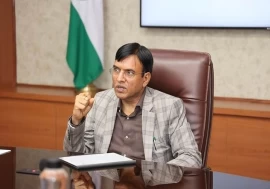
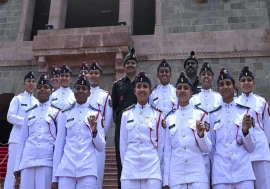


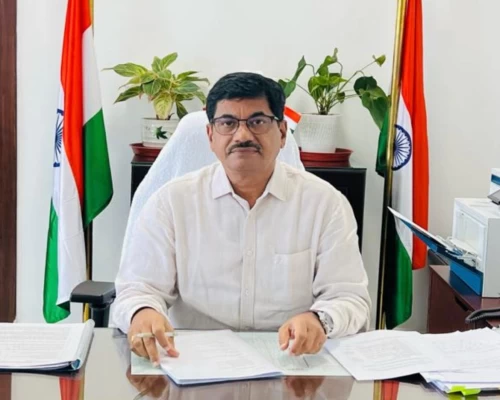
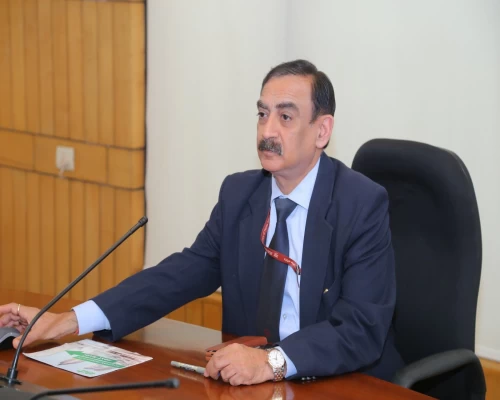
_500_x_400.webp)
